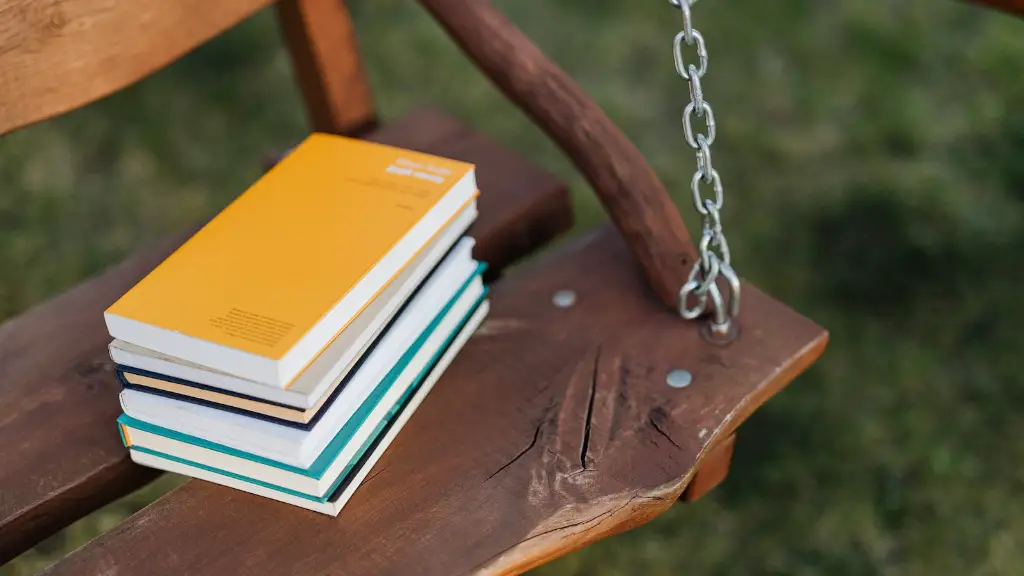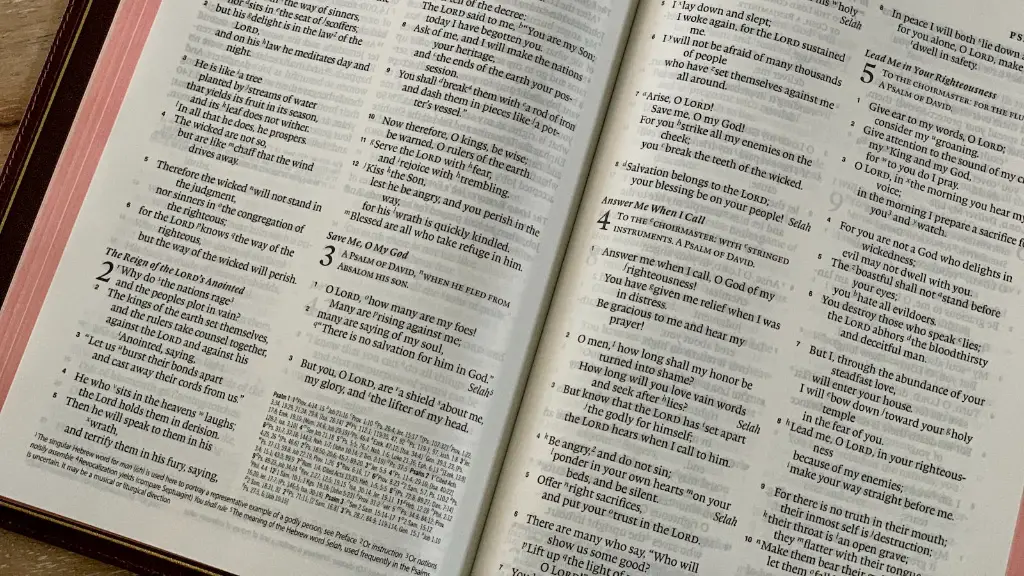Understand Structure of Poetry
The structure of poetry can make it difficult to remember, particularly if you are used to other forms of literature. What differentiates poetry from prose is the way the words and phrases are organized, the use of rhyme, and alliteration and sound devices. Skilled poets will use the structure and form to convey their meaning in an efficient and appealing way, and by understanding this form of language you can better memorize the content.
The structure of a poem reflects its overall meaning, with some poems being divided into specific stanzas that tell part of the story. To get the full understanding of a poem and to be able to remember it, you need to consider more than the individual words – think about the organization and how they link together.
Some poems may have short lines that rhyme, which can help make them easier to remember. Other poems may use long, run-on sentences that tell a deeper meaning. Think about what the poem is telling you, the way language is used and how it is structured.
Read and Re-read the Poetic Work
To begin memorizing a poem, you should read it out loud and focus on the sound and lyrical elements. Poetry often sounds better when read aloud and helps you grasp its intensity and mood. Reading it a few times helps you become familiar with the sound and the poet’s writing style.
Go back and read it slowly, identifying the key words and phrases. As you become familiar with the poem, think about the structure, form and how it is organized. Re-reading it can help create vivid imagery in your mind, which will assist memorization.
Break the Poem into Parts
A poem may seem overwhelming at first as there is often a lot of information to remember. Breaking it into smaller parts, particularly in same-themed stanzas, can make it something manageable. This also helps with understanding the theme of the poem, which is essential in order to memorize it.
You can even try breaking the poem down into individual words and look for the connections between them. See how the poet uses language to tell the story, think about sound effects and the emotions conveyed by reading it. By breaking it into chunks it will become much easier to remember and not be so daunting.
Use Different Visualization Techniques
Visualization techniques are one of the most effective ways to remember a poem. This can range from using mental images in your head, drawing the poem out and creating vivid images based on the words to break the poem into smaller components.
For example, the poet may use strong adjectives and even short phrases which you can use to create images. To strengthen your memories, associate emotions to them and even draw a scene if that helps. You can also induce a visualization in your head of you reciting the poem to better remember it.
Create a Mnemonic Device
Mnemonic devices are very useful for memorizing specific parts or group of words. This can be in the form of a story to link the words together, which is particularly effective for remembering rhyming words. Creating a phrase or word based on the first letter of each word that you want to remember can also be helpful.
Think of the most unusual and memorable images associated with those words and create a story that is easy to remember. The more vivid and imaginative the imagery is, the more likely you are to recall the words when needed.
Practice, Practice, Practice
Though you’ve read the poem and followed the previous steps, the final step before memorizing a poem is actually memorizing it. Read the poem out loud or in your head and practice it until you know it by heart.
You can also write out the poem a few times for added practice. Get rid of your notes and don’t look at them when practicing, and eventually you will find it easier to recite the words. Just test yourself a few times and before you know it – it’ll be stuck in your head!
Use Test Taking Strategies
When it comes to having to recite the poem in an exam, there are a few test taking strategies that can help you out. For example, try to relax and take deep breaths to help you stay focused and practice a few times with a watch handy to keep track of time.
Also, try to break down the poem again into sections and recite sections at a time. This can help break up the whole poem and make it easier to remember as opposed to memorizing it one long go.
Look for Patterns in the Poem
Poetry often includes patterns that make it easier to remember. Particular words may repeat or be used in a certain context. Rhymes can act as cues for remembering content and where the poem is headed.
If the poem is divided into stanzas, look for the underlying storylines within each. Often the first line of each stanza reveals the main themes and builds over the following lines. Finding the patterns in the poem can help you visually identify not only smaller sections but also how the poem is structured as a whole.
Use Flashcards
Flashcards are the perfect medium to help you memorize poetry by breaking down each section into small chunks of words. Writing out the poem line by line and creating a system of memorisation can help familiarise yourself with the poem and all its elements.
This way you can practice, and also have a reference to help you along the way if you’re stuck. Once you are familiar with the poem, put these flash cards or notes away and focus on committing the poem to memory.
Recite Poem with Expression
Once you have all the pieces of the poem to memory, now it’s time to confront the poem. Get your flashcards ready, if you had them, and recite the poem from beginning to end.
Focus on building up the details of the poem, so you remember the action and life it had when originally written. Rather than reciting as if you were reading a book, try to focus on incorporating the same expressions, pauses and any other elements such as dialogue and internal thoughts present in the poem.
Interpret the Poem
When it comes to tackling the poem, it’s important to look deeper into the words and proceed with interpretation. By understanding the context of the poem and all the different elements, you can imagine, then commit to memory the story of that poem.
Look at imagery, allusions, foreshadowing, symbolism and any other elements used to build the story of the poem and help yourself better remember it. Look out for the pictures or mental images the poet is trying to convey and associate your own interpretations and connections to the words.
Put it into Your Own Words
To help with memorization, it may help to put the poem into your own words. Once you have a basic understanding of the poem and have familiarised yourself with the language and mood, look at the key words and write short sentences summarizing each line. This can help reveal the connections between different lines and help you remember it better.
When you’ve familiarised yourself with how the poem flows, and with practice you can then put it back into its original form. This will help you to form an intuitive understanding of the poem, which is essential in order to recall it memorably.



